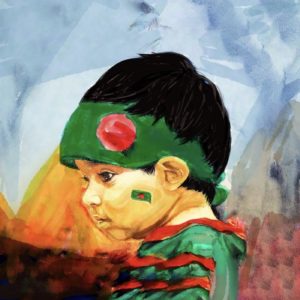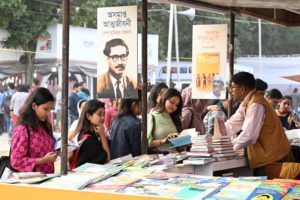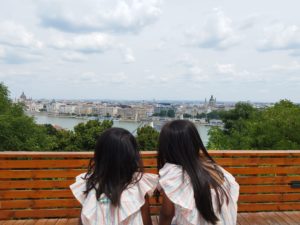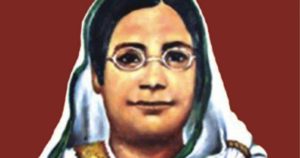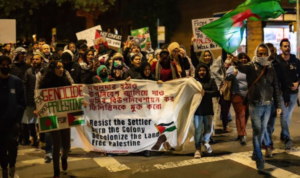HAPPY 51st BANGLADESHI INDEPENDENCE DAY
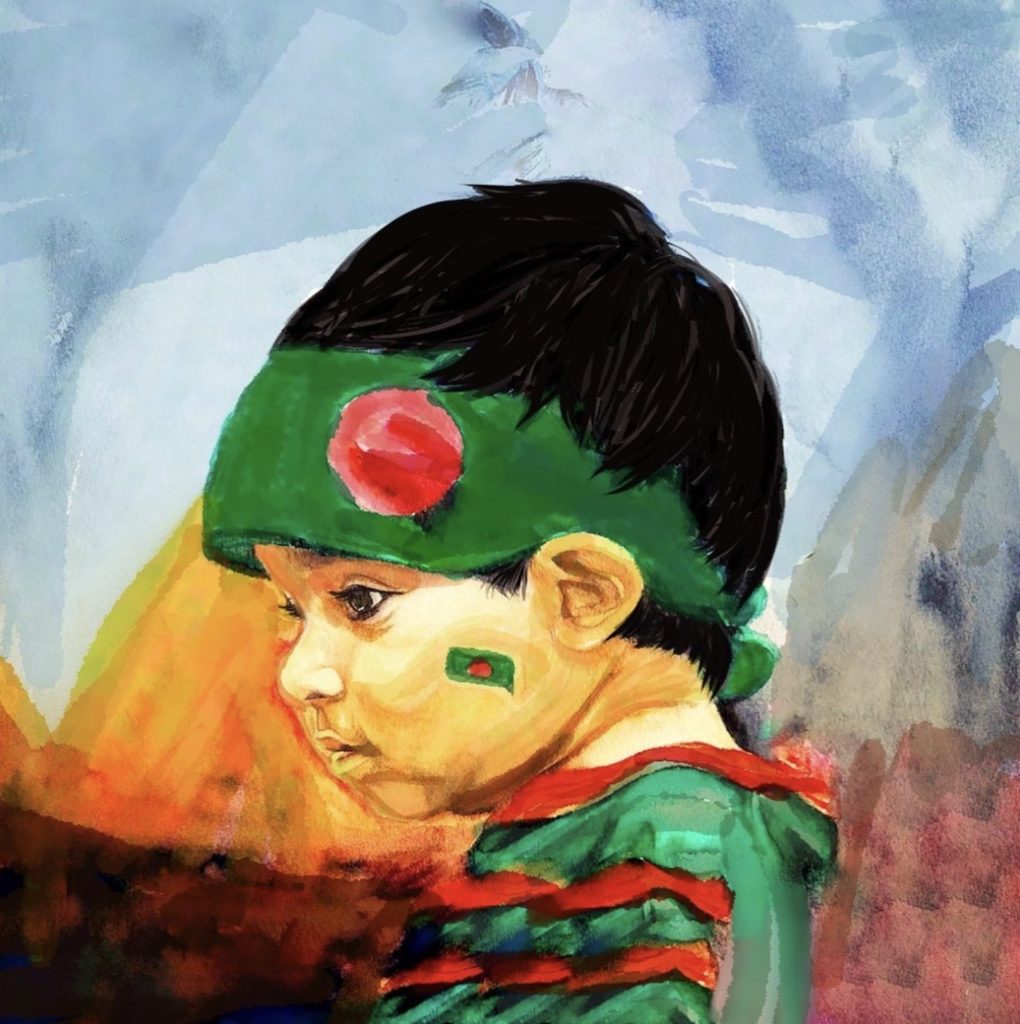
HAPPY 51st BANGLADESHI INDEPENDENCE DAY
By Zara Kabir
@zaratrblr
In the early hours of March 26th, 1971, East Pakistan declared its independence, taking on the name Bangladesh. This declaration was in defiance of West Pakistan’s continued attempts to quash and silence the Bengali nationalist movement. Up until the previous evening, Sheikh Mujibur Rahman, the president-elect, had called for peace and negotiations in order to unify Pakistan. That same night, the response from Islamabad came in the form of Operation Searchlight. A bloody nine-month war would follow before Bangladesh emerged victorious after Pakistani forces were forced to surrender on December 16th, 1971.
Freedom did not come without a cost, however. An estimated 300,000 Bengalis lost their lives, with some counts as high as 3 million people killed during the 1971 genocide. A further estimated 200 to 400 thousand Bengali women were systematically raped in what has since been described by scholars as a campaign of genocidal rape. Through the course of the war andnvarious military interventions, Bengali women had been claimed as gonimoter maal, or public property, by some religious leaders in Pakistan. Perpetrators not only included soldiers from the Pakistani Army and Razakars but also Mukti Bahini and the Indian Army as well.
Many more millions, Muslim and Hindu, were forced to flee. Some externally to neighboring India while most found themselves internallydisplaced. Those who remained were often persecuted for various reasons by both sides in the war. Some were targeted because of suspected ties to nationalists, while religious and ethnic minorities such as Bengali Hindus and Biharis werealso often attacked. In particular, many Bengali intellectuals, from activists and journalists to artists and academics were systematically executed. Becauseof this, Bangladesh now observes Shaheed Buddhijibi Dibosh, or the Day of the Martyred Intellectuals, on December 14th.
In the 51 years since gaining independence, Bangladesh has done much in order to rebuild the country. Life expectancy has surpassed 72, while infant mortality has fallen from 210 to 25 deaths per 1000 live births. Economic growth has skyrocketed in recent decades, primarily due to Bangladesh’s expansive garment industry. Bangladesh has also instituted many socio-economic reforms as well as eased trade regulations in order to further encourage business.
Despite this, poverty remains a concern, with an estimated 26% of the country living below the poverty line. 13% live in extreme poverty, surviving on less than $1.90 per day. Meanwhile, a shocking 84% of the country lives under the “Upper Middle Income Class Poverty Line” which is defined as living on $5.50 per day. All this has been made worse by high levels of corruption at the government level, often marring the country’s many achievements in the public sector. Such issues have been exacerbated by the COVID pandemic.
But winning liberation after an armed struggle for the right to self-determination is no small achievement. As Bangladesh celebrates its 51st year of independence this year, many worry about what the future may hold for the developing nations, while others are content to celebrate for now.
Sources: IMF, The World Bank, and
Asian Development Bank
Read More
The Legacy of Boi Mela
Every year in February, the month-long national book fair welcomes...
Read MoreMillennial Amma: How to Explain a Global Crisis As a Parent
Rumki Chowdhury shares tips for how to talk to children...
Read MoreBegum Rokeya’s Millennials
A tribute to a pioneering Bengali feminist writer, educator and...
Read More